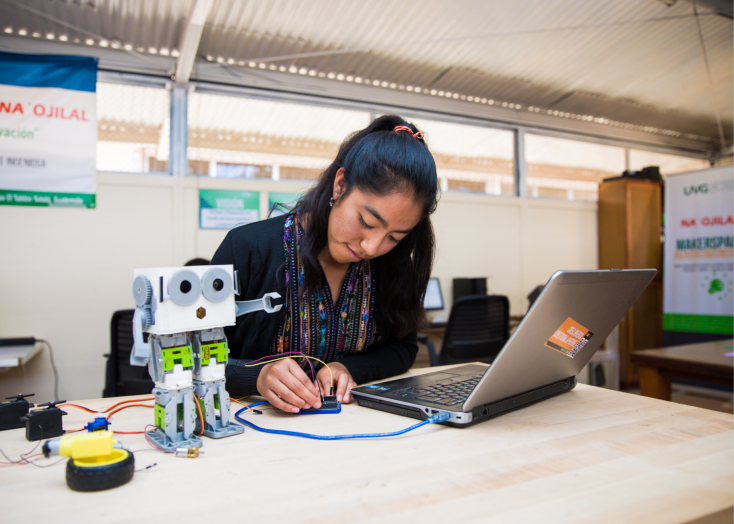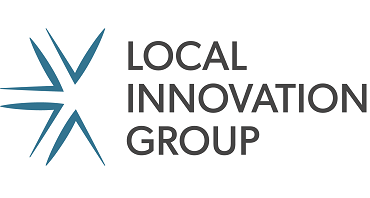ASPIRE: Achieving Sustainable Partnerships in Innovation, Research, and Entrepreneurship

Strengthening higher education capacity for development-oriented research and innovation in Guatemala
PROJECT OVERVIEW
This multi-stakeholder capacity building project aims to develop a regionally relevant and replicable model for how Latin American higher education institutions (HEIs) can address local and regional development priorities through their research, innovation, and entrepreneurial activities. Implemented in close collaboration with Universidad del Valle de Guatemala (UVG), along with Guatemala’s leading export-oriented private sector association, AGEXPORT, and community-based organizations including Link4, this five-year project is strengthening the innovation ecosystem at UVG through a co-creative, community-engaged approach to research, teaching, innovation, entrepreneurship and partnership activities.
The approach to innovation ecosystem development and research capacity building utilized by the ASPIRE project is informed by lessons from MIT’s research-driven innovation ecosystem, as well as findings from the Local Innovation Group’s research on successful processes of inclusive, multi-stakeholder innovation that addresses priority challenges of rural, agriculturally-oriented communities. The project also draws on and integrates approaches to co-creation, participatory design, and partnership developed at MIT D-Lab. Working closely with our partners, we are adapting these models to the Guatemalan context as we seek to build a hub for high-impact development research at UVG as well as a network extending beyond UVG to other higher education institutions in Guatemala and the Northern Triangle region.
PUBLICATIONS
- El modelo busca el desarrollo local (El Periódico, 2021)
- MIT receives $15M USAID award to promote research and innovation at universities in Latin America (MIT News, 2021)
- ASPIRE: Lanzamiento de importante programa auspiciado por USAID (El Periódico, 2021)






